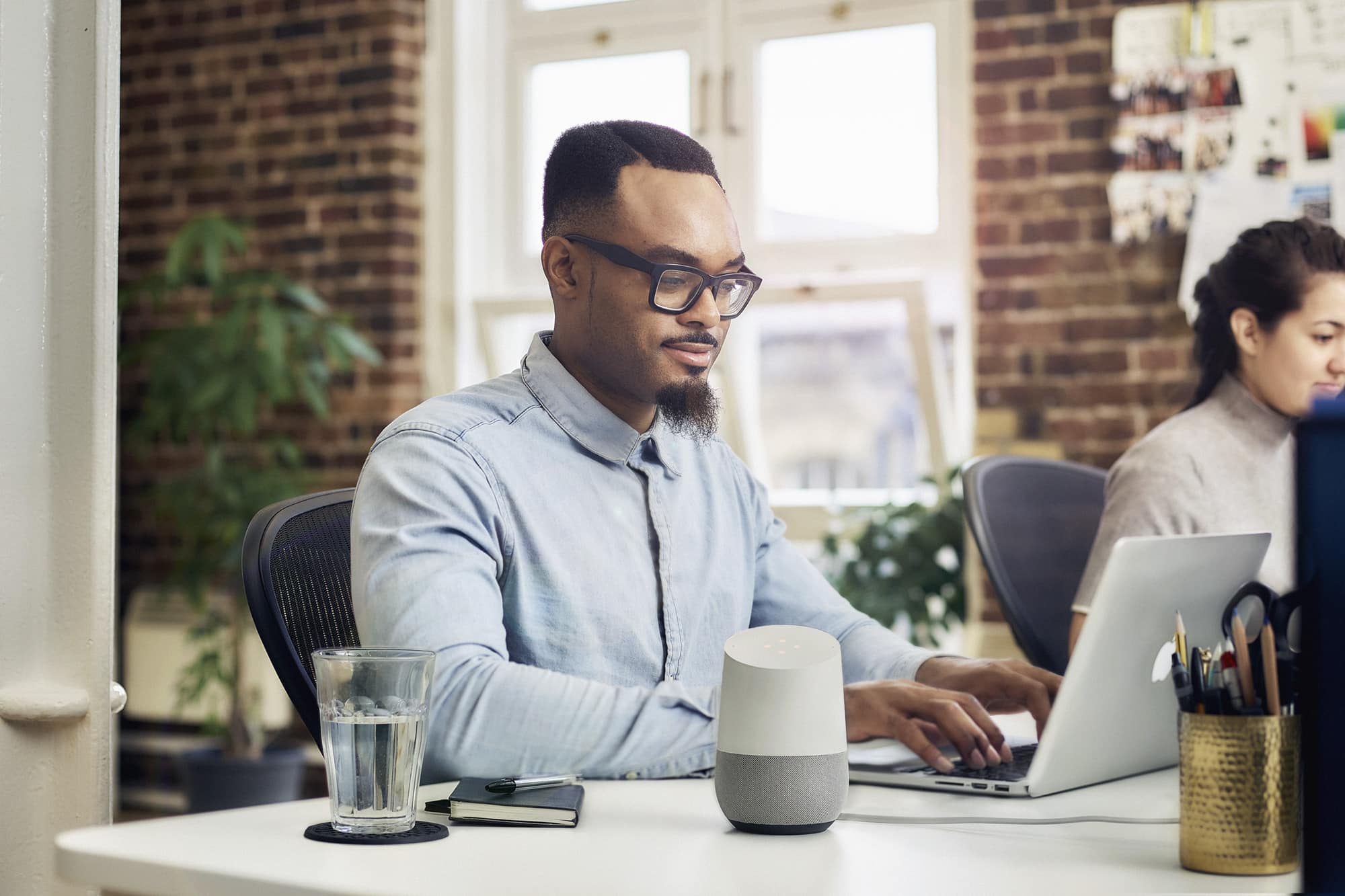Why radio still appeals to Britain’s biggest celebrities

Radio has long been one of the most personal forms of media. There’s something about hearing someone’s voice live and unfiltered that creates a sense of connection you don’t always get from other platforms. With so many stations now streaming online, listeners aren’t limited by geography either. Whether it’s a breakfast show out of Bristol or a late-night mix from Berlin, radio has evolved into something global, yet still intimate.
That shift reflects a bigger trend in entertainment, people are looking for experiences that feel live, human, and shared, no matter where they are. You see it in the rise of trustworthy casino sites without GamStop, where live dealer games like roulette and blackjack let players join in from the UK, Germany, Ireland, or beyond. Much like tuning into a radio host you know and like, these platforms offer real-time interaction led by someone on the other side of the screen. It’s the same draw: a familiar face (or voice), a sense of presence, and the comfort of being part of something as it happens.
One personality who has defined that kind of radio connection is Graham Norton. Known for his quick wit and easy charm, he’s become a weekend staple for many listeners. Before moving to Virgin Radio UK in 2021, Norton spent years on BBC Radio 2, where his Saturday and Sunday shows pulled in millions. Whether he’s chatting with Dame Judi Dench or spinning his favourite tracks, Norton brings a warmth that makes listeners feel like part of the conversation.
Graham Norton’s success on the radio stems from his ability to make interviews feel effortless. The informal setting of a radio studio, combined with Norton’s natural humour and curiosity, opens the door to more relaxed and revealing conversations. Listeners come away feeling like they’ve learned something new, not just about the guest, but also about the world of entertainment they inhabit.
British celebrities on the radio often find the format suits them. The lack of visuals means there’s less pressure to perform in the traditional sense. This can lead to more genuine discussions. Take someone like Idris Elba, who has occasionally appeared on BBC Radio to talk about music, acting, and his work behind the scenes. These appearances give fans a new look at famous names, separate from carefully planned TV interviews or social media campaigns. On the radio, conversations feel more spontaneous and the format gives them room to breathe.
Radio stations also thrive by mixing celebrity interviews with listener participation. Shows often feature call-ins, texts or messages from the public, which can shape the direction of the conversation. Norton has always encouraged this sort of engagement, letting ordinary people’s questions lead to some of the most memorable parts of his interviews. This mix of glamour and everyday voice is one of the charms of British radio. It breaks down barriers between public figures and their fans, creating a space where everyone feels involved.
Music remains at the heart of many radio shows, and it’s often shaped by the personalities behind the mic. British stars like Fearne Cotton have carved out careers in both music broadcasting and television. Her ability to shift between the two has made her one of the most recognisable voices in entertainment. On air, she brings energy and emotional openness, often sharing stories from her own life, which helps listeners feel more connected. This blend of music and personal storytelling is a style that many UK presenters now embrace.
Radio’s ability to stay relevant in an age dominated by social media and streaming speaks volumes. British stars continue to choose it as a place where they can speak freely, reach loyal fans and create lasting impressions. Whether it’s someone as established as Graham Norton or rising talents making their first appearances, the airwaves remain a trusted space for entertainment.
Famous British stars like Graham Norton have helped shape the modern sound of radio. Through warmth, wit, and genuine interest in people’s stories, they connect with audiences in a way few other platforms can. Whether discussing light-hearted moments, current projects, or broader topics tied to entertainment, their presence brings familiarity and enjoyment to listeners. As technology and habits change, the role of radio and the celebrities who embrace it continues to offer something valuable, comforting and always entertaining.

